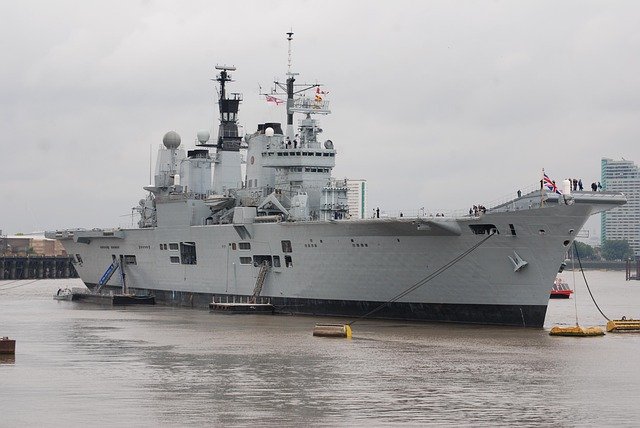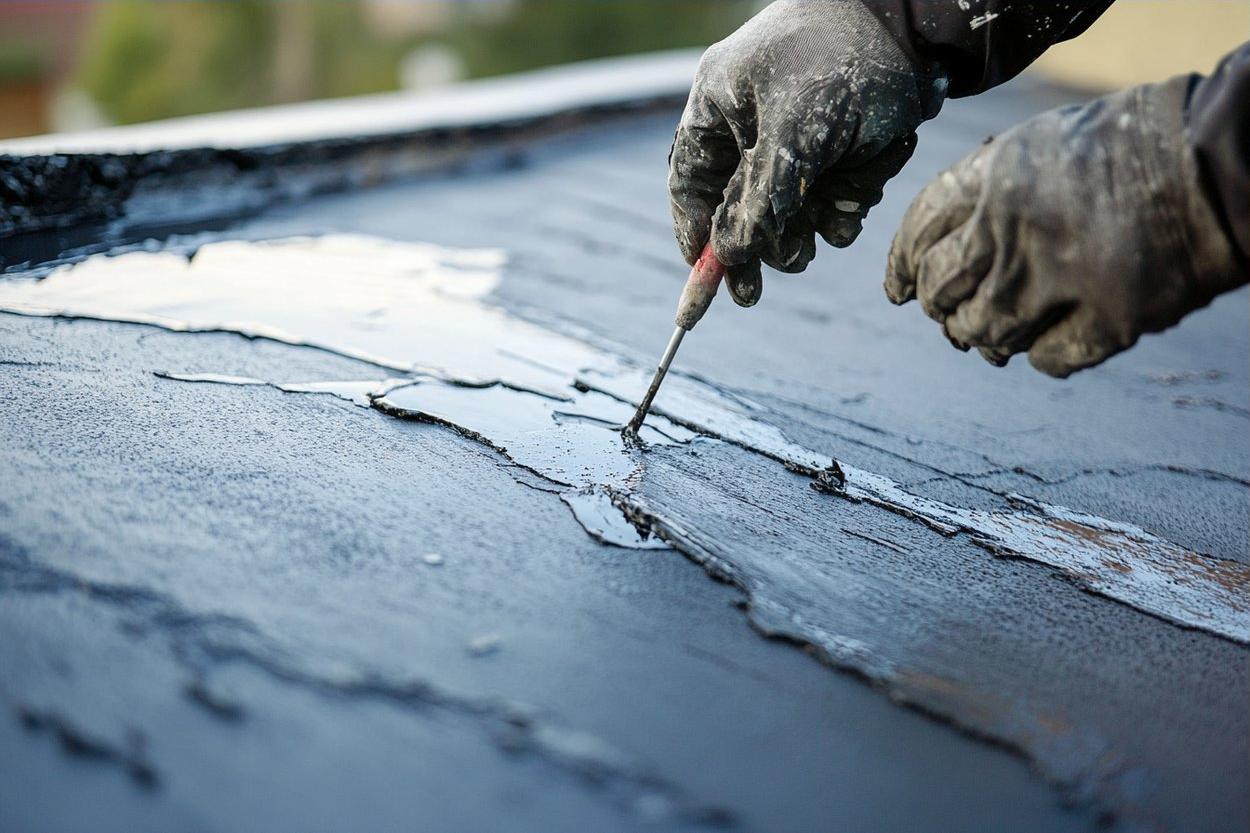Repossessed Boats: What Buyers Should Know
Repossessed boats are vessels taken back by lenders, insurance companies, or authorities after owners default on loans or fail to resolve title or lien issues. They can offer opportunities for buyers seeking lower-than-market prices, but they also come with extra risks, paperwork, and potential costs. Understanding how repossession works, where to find listings, and what inspections and fees to expect helps prospective buyers make informed decisions.

What does “repossessed” mean for a boat?
When a boat is repossessed, a lender or creditor has reclaimed the vessel because the borrower breached the financing agreement or failed to pay required fees or taxes. The repossession process varies by jurisdiction and by the type of lien (bank loan, marine mortgage, dealer finance, or tax lien). After repossession, the creditor typically seeks to sell the boat—often at auction—to recover outstanding debt. Buyers should be aware that the title history can be complex: some boats may have clean titles, while others might carry liens, salvage designations, or missing documentation that will affect registration and resale.
How are repossessed boats sold?
Repossessed boats are commonly sold through auctions (in-person or online), liquidation sales, or direct dealer resale. Auction houses and specialised online platforms list vessels with varying levels of detail: some provide full condition reports and photos, while others offer “sold as is” lots with minimal information. Bidders should review lot terms, buyer premiums, and payment timelines. In addition, buying from a lender or dealer outlet can mean extra administrative steps, such as clearing outstanding fees, obtaining a clear title, or arranging transport from storage yards.
Where to find repossessed boats and local services
Listings for repossessed boats appear on several channels: vehicle and marine auction sites, government surplus portals, local boatyards and storage facilities, and online marketplaces. For support with inspections, transport, or paperwork, consider engaging local services such as marine surveyors, transport companies, and brokers who specialise in repossessed or salvage vessels. Using experienced local services can help you assess condition, estimate repair needs, and navigate titling or registration in your area. Always confirm the credibility of auction platforms and service providers before committing funds.
Inspection, risks, and documentation checklist
Purchasing a repossessed boat often requires more due diligence than buying from a private seller. Key checks include: a professional marine survey to assess hull integrity, engine condition, and electronics; verification of title and lien searches to ensure no outstanding claims exist; inspection for signs of neglect, water damage, or theft; and confirmation of required safety equipment and compliance with local registration rules. Factor in the cost of repairs, storage, towing, and any back fees or taxes that may be due. If a boat has a salvage or flood title, resale and insurance options may be limited.
Costs, fees, and comparison of typical sources
Below is a general comparison of common sources where repossessed boats are sold and a broad cost estimation. These ranges are illustrative benchmarks and can vary widely by vessel age, size, location, and condition.
| Product/Service | Provider | Cost Estimation |
|---|---|---|
| Repossessed small boats (e.g., runabouts, small RIBs) | Copart (marine listings) | $2,000–$10,000 |
| Repossessed mid-size cruisers and cabin boats | IAA (Insurance Auto Auctions) | $10,000–$50,000 |
| Government auctioned or surplus boats | GovDeals / local government auctions | $1,000–$30,000 |
| Online marketplace repossessed listings | eBay Motors / online auction houses | Varies widely by lot, $500–$100,000+ |
Prices, rates, or cost estimates mentioned in this article are based on the latest available information but may change over time. Independent research is advised before making financial decisions.
Additional costs to expect beyond the purchase price include buyer’s premiums or auction fees (often a percentage of the winning bid), storage or handling fees charged by yards or auction houses, towing and transport costs to move the boat, costs to clear liens or secure a clean title, taxes, and the cost of any immediate repairs revealed by a survey.
Final considerations for prospective buyers
Repossessed boats can represent value for those willing to accept additional uncertainty and do thorough due diligence. Prioritise a full marine survey, confirm title and lien status, and account for all ancillary costs—auction fees, transport, storage, repairs, and taxes—when calculating total investment. Work with reputable local services such as licensed marine surveyors, reputable transporters, and legal or title specialists if needed. Careful preparation and realistic budgeting will help you assess whether a repossessed boat is a suitable purchase given the trade-offs between price and potential hidden costs.


